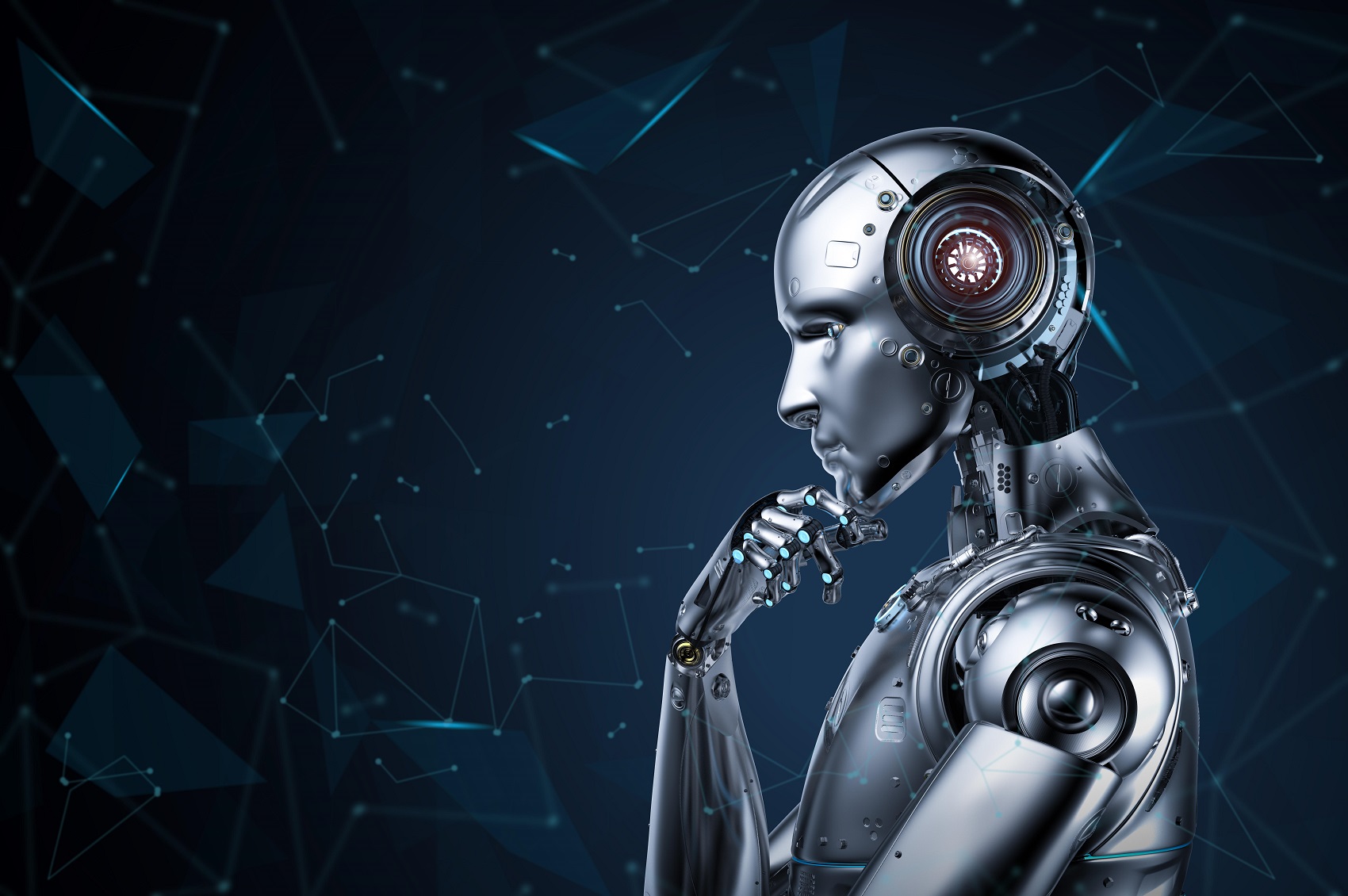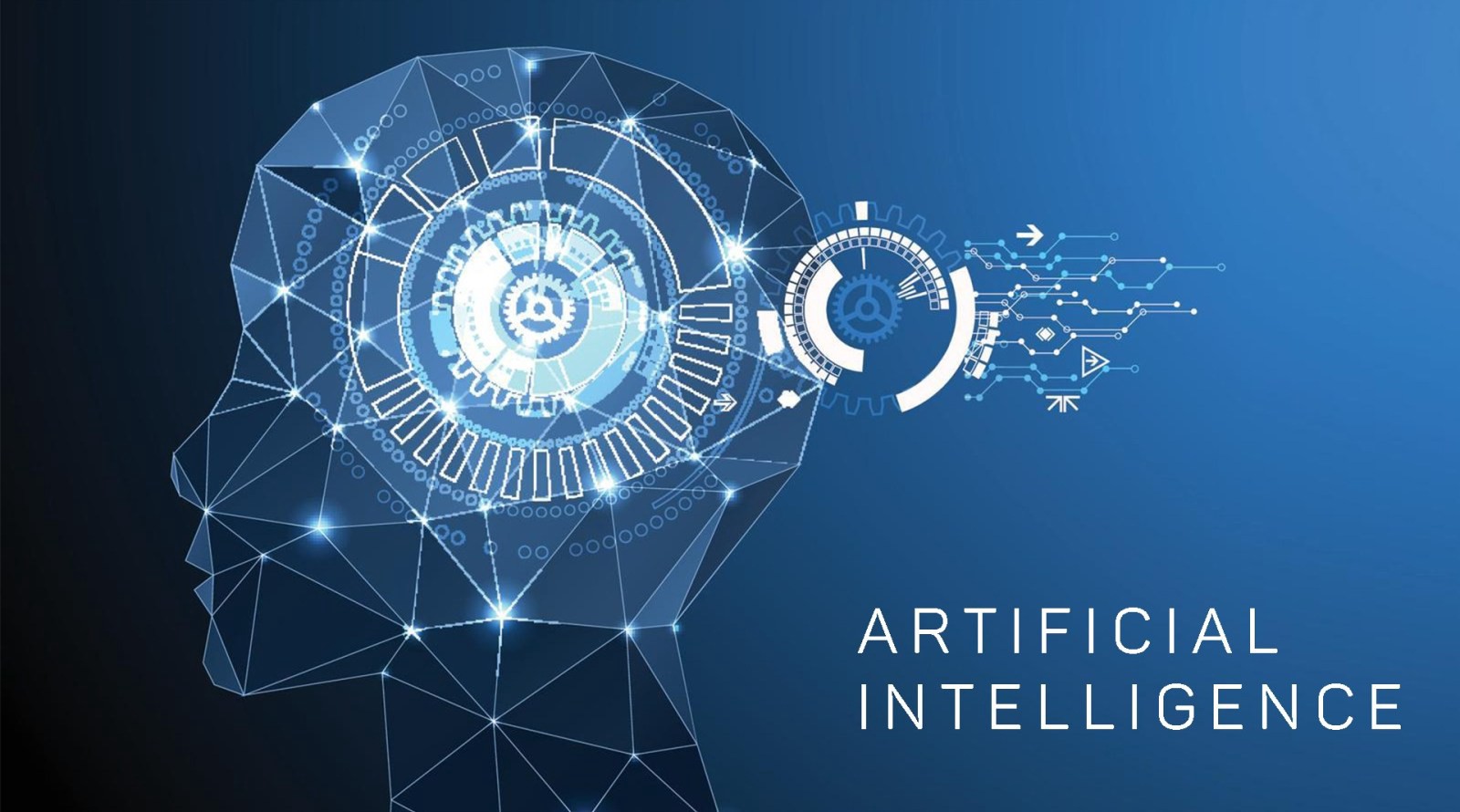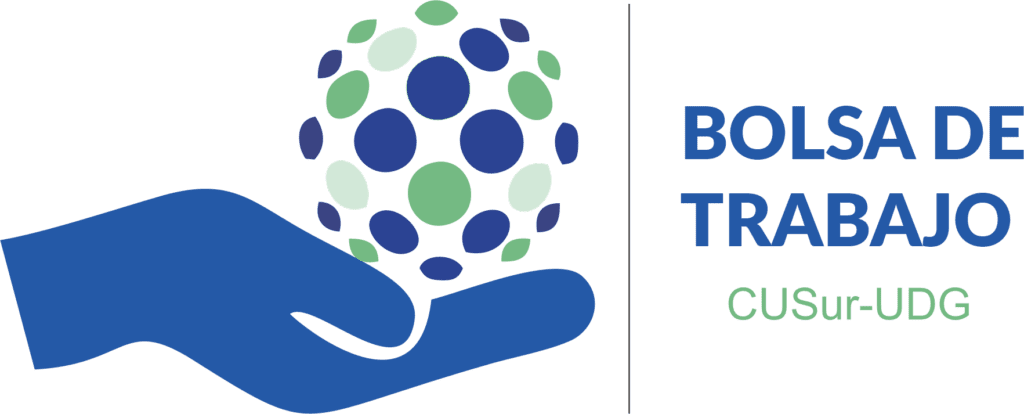
Romanstolpa
FollowOverview
-
Founded Date febrero 20, 1985
-
Sectors Abogado
-
Posted Jobs 0
-
Viewed 65
Company Description
Nigerian Students Turn to aI For Tests Answers, Lecturers Raise Alarm

Artificial Intelligence (AI) is revolutionizing education while making finding out more accessible but also stimulating arguments on its effect.

While trainees hail AI tools like ChatGPT for boosting their learning experience, speakers are raising issues about the growing dependence on AI, which they argue fosters laziness and weakens scholastic stability, especially with lots of students unable to safeguard their assignments or provided works.

Prof. Isaac Nwaogwugwu, a lecturer at the University of Lagos, in an interview with Nairametrics, revealed disappointment over the growing reliance on AI-generated responses among students recounting a recent experience he had.

RelatedStories
Avoid sharing personal details that can determine you with AI tools- Expert alerts
Chinese AI app DeepSeek sparks global tech selloff, challenges U.S. AI dominance
“I provided a task to my MBA students, and out of over 100 students, about 40% sent the precise same answers. These trainees did not even understand each other, but they all utilized the exact same AI tool to produce their actions,” he said.

He kept in mind that this pattern is common among both undergraduate and postgraduate trainees however is specifically worrying in part-time and distance knowing programs.
“AI is a severe obstacle when it pertains to assignments. Many students no longer believe critically-they just go online, generate answers, and submit,” he included.
Surprisingly, some speakers are also implicated of over-relying on AI, setting a cycle where both educators and trainees turn to AI for benefit rather than intellectual rigor.
This argument raises vital concerns about the function of AI in academic stability and student development.
According to a UNESCO report, while ChatGPT reached 100 million month-to-month active users in January 2023, only one nation had released policies on generative AI as of July 2023.
Since December 2024, ChatGPT had more than 300 million people utilizing the AI chatbot each week and 1 billion messages sent out every day around the world.
University lecturers are progressively concerned about students sending AI-generated projects without truly comprehending the material.
Dr. Felix Echekoba, a speaker at Nnamdi Azikiwe University, expressed his concerns to Nairametrics about trainees progressively relying on ChatGPT, just to fight with addressing standard concerns when checked.
“Many trainees copy from ChatGPT and send sleek tasks, however when asked standard questions, they go blank. It’s disappointing since education has to do with learning, not just passing courses,” he said.
– Prof. Nwaogwugwu explained that the increasing variety of top-notch graduates can not be totally credited to AI however admitted that even high-performing students use these tools.
“A top-notch trainee is a top-notch student, AI or not, but that does not imply they don’t cheat. The advantages of AI may be peripheral, however it is making trainees dependent and less analytical,” he stated.
– Another speaker, Dr. Ereke, from Ebonyi State University, raised a different concern that some lecturers themselves are guilty of the very same practice.
“It’s not simply students utilizing AI slackly. Some speakers, out of their own laziness, generate lesson notes, course outlines, marking schemes, and even examination concerns with AI without examining them. Students in turn utilize AI to create answers. It’s a cycle of laziness and it is eliminating genuine knowing,” he regreted.
Students’ perspectives on usage
Students, on the other hand, state AI has improved their learning experience by making academic products more reasonable and available.
– Eniola Arowosafe, a 300-level Business Administration student at Unilag, shared how AI has significantly aided her learning by breaking down complex terms and offering summaries of prolonged texts.
“AI assisted me understand things more easily, particularly when dealing with complicated subjects,” she discussed.
However, she remembered an instance when she utilized AI to submit her project, only for her speaker to right away acknowledge that it was created by ChatGPT and reject it. Eniola noted that it was a good-bad result.
– Bryan Okwuba, who recently finished with a first-rate degree in Pharmacy Technology from the University of Lagos, strongly thinks that his academic success wasn’t due to any AI tool. He attributes his impressive grades to actively interesting by asking questions and concentrating on areas that speakers highlight in class, as they are frequently shown in test concerns.
“It’s everything about existing, taking note, and taking advantage of the wealth of knowledge shared by my coworkers,” he said,
– Tunde Awoshita, a final-year marketing student at UNIZIK, admits to sometimes copying directly from ChatGPT when facing several due dates.
“To be honest, there are times I copy straight from ChatGPT when I have multiple deadlines, and I understand I’m guilty of that, most times the lecturers don’t get to review them, but AI has actually also assisted me discover much faster.”
Balancing AI‘s function in education
Experts believe the service lies in AI literacy; mentor trainees and speakers how to utilize AI as a learning aid rather than a shortcut.
– Minister of Education, Dr. Tunji Alausa, highlighted the combination of AI into Nigeria’s education system, stressing the importance of a well balanced approach that keeps human involvement while harnessing AI to enhance learning results.
“As we browse the rapidly evolving landscape of Expert system (AI), it is vital that we prioritise human firm in education. We must guarantee that AI enhances, rather than changes, teachers’ essential function in forming young minds,” he said
Concerns over AI in Learning
Dorcas Akintade, a cybersecurity improvement professional, dealt with growing concerns regarding making use of expert system (AI) tools such as ChatGPT and their potential threats to the instructional system.
– She acknowledged the advantages of AI, however, stressed the requirement for care in its usage.
– Akintade highlighted the increasing resistance amongst teachers and schools toward incorporating AI tools in discovering environments. She recognized two main reasons why AI tools are dissuaded in educational settings: security threats and plagiarism. She explained that AI tools like ChatGPT are trained to react based upon user interactions, which may not line up with the expectations of educators.
“It is not taking a look at it as a tutor,” Akintade stated, explaining that AI does not cater to specific mentor methods.
Plagiarism is another issue, as AI pulls from existing data, typically without correct attribution
“A lot of individuals require to comprehend, like I said, this is information that has actually been trained on. It is not simply bringing things out from the sky. It’s bringing details that some other individuals are fed into it, which in essence implies that is another person’s documents,” she cautioned.
– Additionally, Akintade highlighted an early problem in AI advancement known as “hallucination,” where AI tools would produce info that was not accurate.
“Hallucination suggested that it was highlighting info from the air. If ChatGPT might not get that info from you, it was going to make one up,” she explained.
She suggested “grounding” AI by supplying it with specific information to avoid such mistakes.
Navigating AI in Education
Akintade argued that prohibiting AI tools outright is not the option, particularly when AI provides a chance to leapfrog standard educational techniques.
– She believes that consistently reinforcing key details helps individuals and avoid making errors when faced with challenges.
“Immersion brings conversion. When you tell individuals the exact same thing over and over again, when they are about to make the errors, then they’ll remember.”
She likewise empasized the requirement for clear policies and treatments within schools, keeping in mind that lots of schools must attend to the individuals and process elements of this usage.
– Prof. Nwaogwugwu has turned to in-class tasks and tests to counter AI-driven academic dishonesty.
“Now, I mainly use assignments to guarantee trainees supply original work.” However, he acknowledged that handling large classes makes this approach hard.
“If you set intricate concerns, trainees will not be able to utilize AI to get direct responses,” he described.
He highlighted the requirement for setiathome.berkeley.edu universities to train lecturers on crafting test questions that AI can not quickly resolve while acknowledging that some speakers struggle to counter AI abuse due to a lack of technological awareness. “Some speakers are analogue,” he said.
– Nigeria launched a draft National AI Strategy in August 2024, focusing on ethical AI advancement with fairness, transparency, responsibility, and privacy at its core.
– UNESCO in a report requires the guideline of AI in education, encouraging institutions to investigate algorithms, data, and outputs of generative AI tools to guarantee they satisfy ethical requirements, protect user information, and filter inappropriate content.
– It stresses the need to examine the long-lasting effect of AI on important abilities like believing and imagination while developing policies that align with ethical frameworks. Additionally, UNESCO recommends carrying out age limitations for GenAI use to safeguard younger trainees and safeguard susceptible groups.
– For federal governments, it advised embracing a coordinated national approach to regulating GenAI, consisting of establishing oversight bodies and aligning policies with existing data defense and personal privacy laws. It highlights assessing AI threats, enforcing stricter rules for high-risk applications, and ensuring nationwide data ownership.

